
Emor: The Airborne Inebriate
Acceptable behavior in a discotheque or in a tavern is not necessarily acceptable behavior in the cockpit of an airliner, and certainly not in the King's Palace...

The pilot on Transair Flight 240 from New York to London had flown the route hundreds of times. As a night flight, it was pretty much a bore, especially since routine had set it. Outside of takeoff and landing, the pilot didn't do much. He often left things to his diligent co-pilot. As it was, the flight was 95% instrument flying.
Flying north from New York, the plane passed Nova Scotia and then changed bearings eastward. Once over the Atlantic, the flight became smooth and routine. The plane would follow a navigational vector all the way to Heathrow. The pilot figured that nothing uneventful happened in his last 232 flights between New York and London, so statistically, there's no reason that anything should happen now. He reached into his flight bag and pulled out a flask of 18-year old oak-aged Scotch and a shot-glass. He poured himself a shot and smiled at the co-pilot. He raised his arm with glass in hand and said, “Cheers!”, 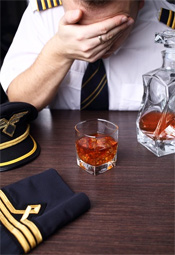 downing the platinum-colored liquid in one gulp. He then poured himself another shot…
downing the platinum-colored liquid in one gulp. He then poured himself another shot…
“Sir, what on earth are you doing? Drinking intoxicating beverages is not only against company policy, but it's against Civil Aviation Administration regulations. Sir, in all due respect, you are not only violating the law but you are endangering the safety of the passengers as well.”
“What do you care?” asked the pilot nonchalantly. “Nothing ever went wrong on this flight…”
“…And I hope it never will,” answered the copilot. “I haven't flown this route as many times as you have, and I don't have your seniority. But I do know that as a pilot, I'm responsible for the other crew members and all those hundreds of passengers in the cabin.”
“Don't be a prude,” said the pilot as he downed his third shot of Scotch. “I hate goody goodies.”
Before long, the cockpit smelled like a tavern. The pilot's breath wreaked of liquor; stuffy enough as it was, the air in the cockpit was becoming nauseating. The copilot turned control off the plane over to the pilot and made a beeline for the lavatory.
Shortly afterward, the aircraft encountered severe and unexpected turbulence, the time that only a level-headed and experienced pilot is capable of dealing with. After four shots of Scotch, the plot's senses were sorely dulled. He lost communication with the tower and quickly lost control of the plane….
The above story is a figment of my imagination, to illustrate a point as we shall soon see. Nevertheless, it's strikingly similar to the scenario aboard the Germanwings flight that crashed into the Alps this past March when the clinically-depressed copilot locked the pilot out of the cockpit and committed suicide, killing himself and all the other passengers and crew members. The entire world has since been wondering how such an emotionally unstable person was allowed to be a commercial pilot.
What's acceptable on the ground is not acceptable in the air. What's normal for a private citizen is not necessarily acceptable for an airline pilot.
In discussing the standards required of the High Priest in the Holy Temple, the Torah say, “…and he shall not leave his head unshorn and he shall not rend his clothes." (Leviticus 21:10).
The Torah in this week's portion stipulates how the Kohen Hagadol – the High Priest – must conduct himself. Because of his lofty task as Hashem's chief servant in the Holy Temple, he must maintain a higher level of sanctity that the other Kohanim (priests), and they in turn must maintain a higher level of sanctity that the general populace. For example, as we learn in our passage at hand, the Kohen Hagadol must not go for thirty days without a haircut nor should he rend his clothes as others do in mourning. As the Almighty's chief servant, his appearance must be impeccable at all times. If the Holy Temple is the King's Palace, then the Kohen Hagadol is the head of the Honor Guard. One doesn't act in the King's Palace like one does in a beer hall.
Whereas a regular person is allowed to marry whoever he wants, a Kohen is not allowed to marry a divorcee. Whereas a Kohen is allowed to marry a widow, the Kohen Hagadol is not. The acceptable behavior of the general public is not acceptable for a Kohen, and the acceptable behavior of a Kohen is not acceptable for a Kohen Hagadol.
The Jewish people are commanded to be a “nation of priests.”[1] They must maintain a higher standard of ethics and personal deportment than anyone else, for their task on earth is to be “light unto the nations”, the Almighty's emissaries in spreading spirituality and emuna around the globe. Rebbe Nachman of Breslev says emphatically that each Jew must view himself as responsible for the entire world[2], for like the pilot, if the Jew does his or her task properly, then the world will function properly and all its inhabitants shall be safe. May we truly merit to fulfill our mission in the best way possible and see with our own eyes the inauguration of our rebuilt Holy Temple in Jeruslaem, speedily and in our days.


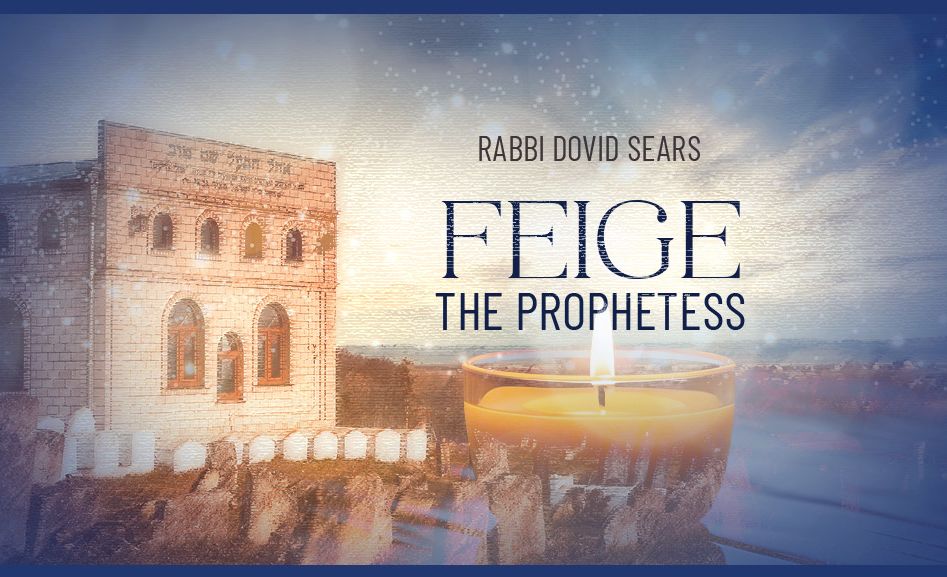


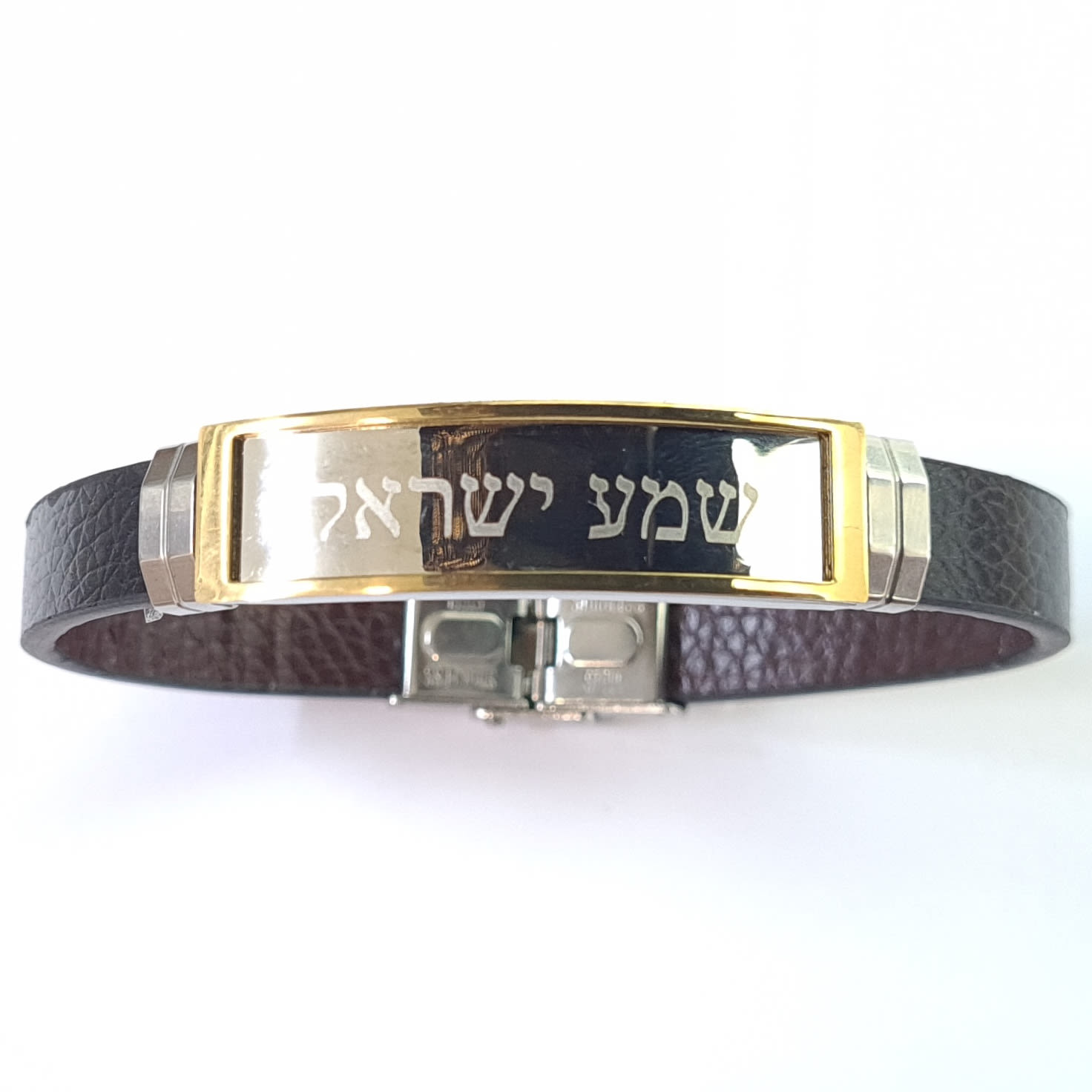
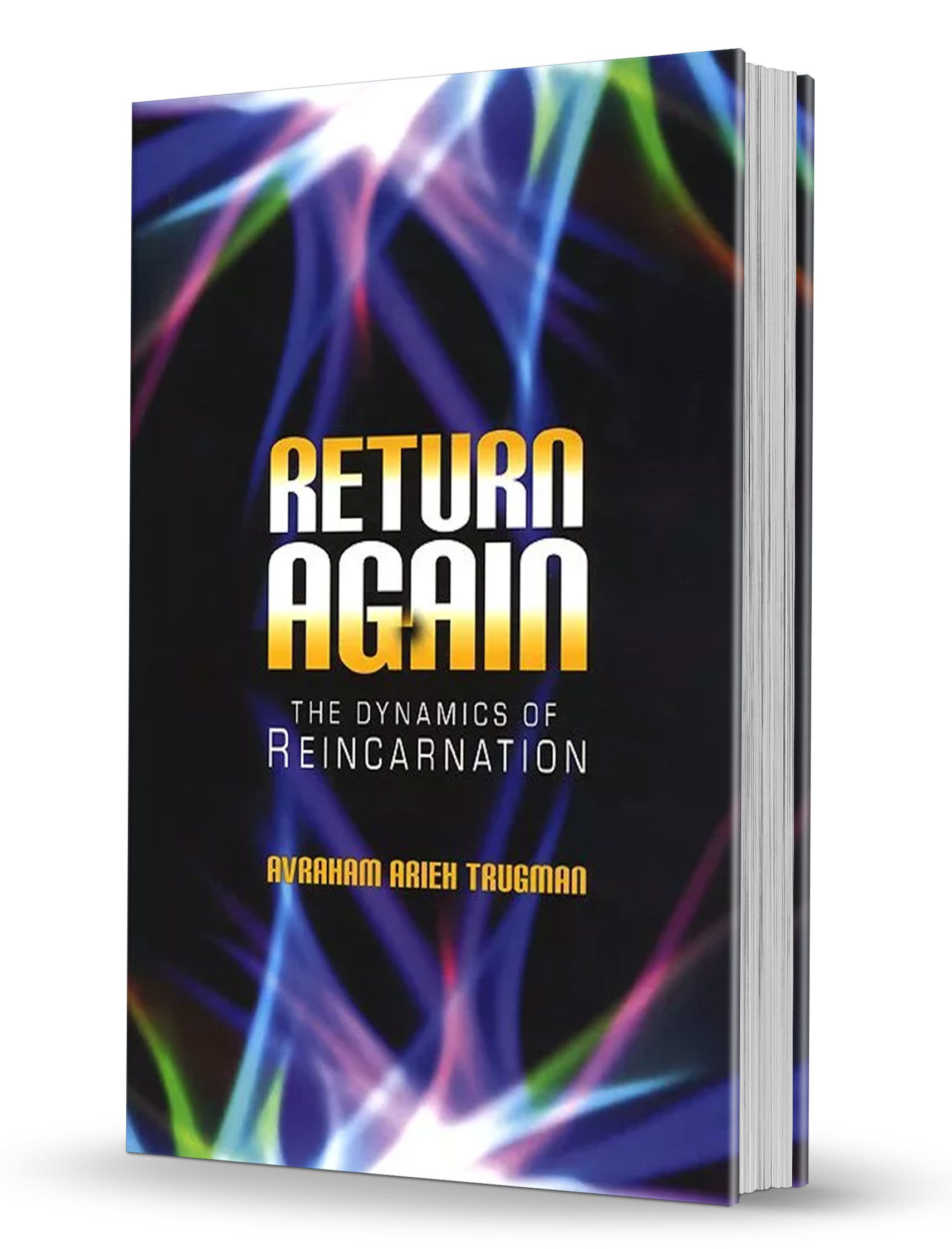
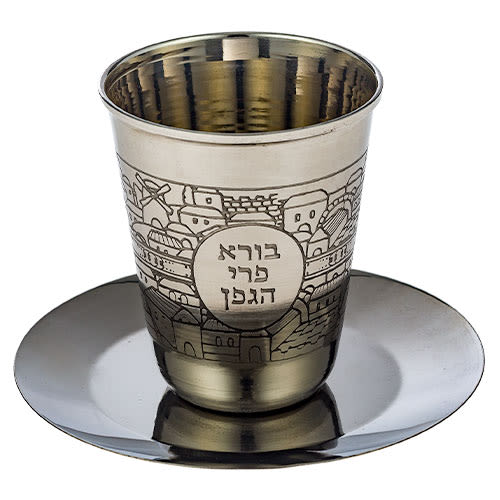
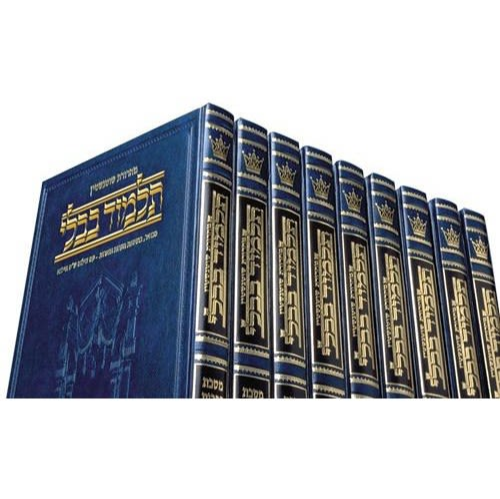

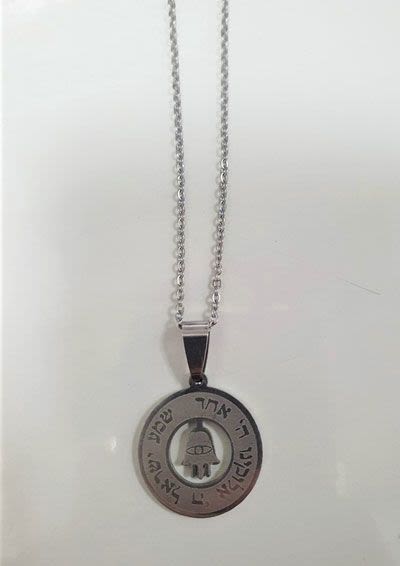
Tell us what you think!
Thank you for your comment!
It will be published after approval by the Editor.